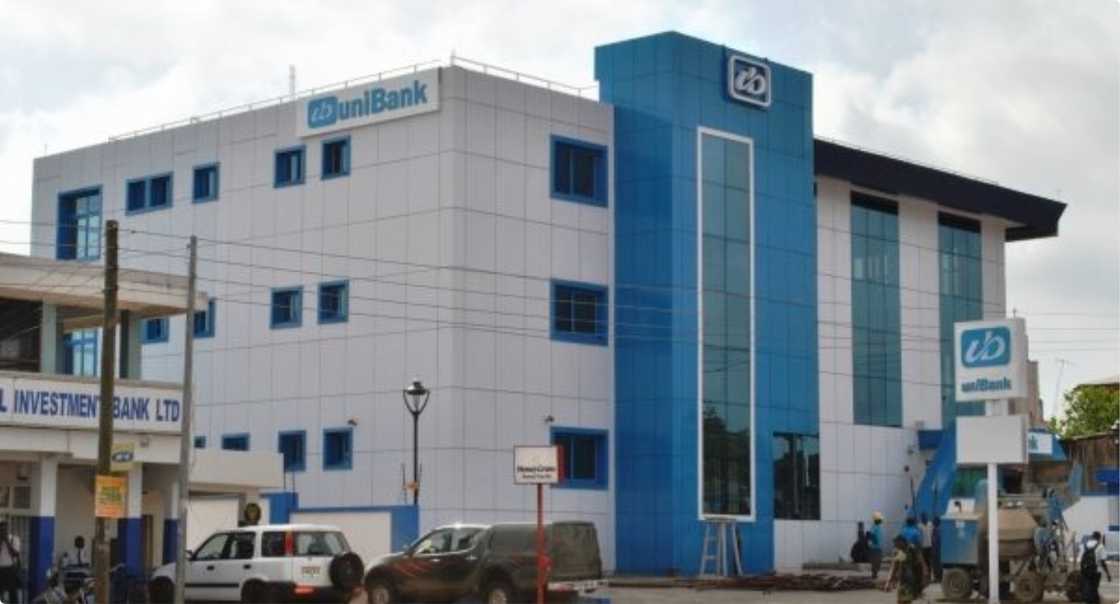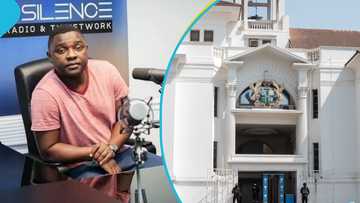Attorney General Discontinues Case Against Kwabena Duffuor, 7 Others Over UniBank Collapse
- The Attorney General discontinued the case against Kwabena Duffuor on charges related to the collapse of uniBank
- A statement from the Attorney General's department announced the decision to halt the case
- The case was a consequence of the financial sector clean-up exercise initiated by the State in 2018
The Attorney General has stopped pursuing the case involving former Finance Minister Dr. Kwabena Duffuor and seven others, who were facing charges related to the collapse of uniBank.
A statement from the Attorney General's department said the significant recovery of state funds had influenced the decision.

Source: Facebook
The statement also noted that the halting of the case, also known as a nolle prosequi, results in the discharge of the accused but not an acquittal.
This leaves open the possibility of future re-prosecution should new evidence emerge.
Relevant State agencies, such as the Economic and Organised Crime Office, have established a threshold of 60% recovery of the alleged losses as a condition for reconsidering prosecution in specific cases.

Read also
NPP MPs walk out as Ewurabena Aubynn sworn in as Ablekuma North MP after controversial election
"Following prolonged negotiations and engagements, the accused persons in The Republic v. Kwabena Duffuor & 7 Others case have met this recovery threshold."
The case was part of the fallout from a financial sector clean-up exercise initiated by the State in 2018, meant to ensure accountability for public funds and recover losses incurred by the State.
Duffuor, a member of the governing party who previously served as Finance Minister from 2009 to 2013 and as Governor of the Bank of Ghana from 1997 to 2001, was facing charges of theft and money laundering.
Dufuor was alleged to have received GH¢663.3 million knowing it was unlawful.
uniBank was declared insolvent in August 2018 by the Bank of Ghana, which said shareholders and related parties had taken GH¢5.3 billion in loans and withdrawals without following due process.
The charges also implicated other individuals, including a former Deputy Governor of the Bank of Ghana, Johnson Asiama, who faced accusations of facilitating financial impropriety.
About the financial sector clean-up
Ghana's banking sector experienced a significant crisis between 2017 and 2019, leading to the collapse of several indigenous banks, including uniBank, UT Bank, Capital Bank, and others.
uniBank went into official administration on March 20, 2018 and eventually collapsed on August 1, 2018.
The Bank of Ghana embarked on a comprehensive clean-up and recapitalisation exercise, citing insolvency, weak corporate governance, related-party lending, and unsustainable business models as key reasons for the failures. This clean-up cost at least GH¢21 billion.

Source: UGC
Official Administrator, KPMG, in the course of its duties, discovered that about GH¢5.7 billion was owed by shareholders of uniBank as of March 20, 2018.
Among other things, the bank’s interest income and other sources of income were insufficient to cover the associated cost of funds of underlying borrowings and liabilities, as well as overheads.
Mahama promises to reinstate collapsed banks
During his campaign to be president, John Mahama pledged to revive collapsed banks and financial institutions if elected president after the December 7 polls.
He said reviving these financial institutions would follow a comprehensive and unbiased assessment of the institutions and their viability in the long run.
Mahama noted that the initiative was part of his planned efforts to stabilise Ghana’s financial sector and restore public confidence following the 2017 financial sector clean-up.
Nduom demands reinstatement of his bank licence
YEN.com.gh reported that the Global Chairman of one of the collapsed banks, Groupe Nduom, Dr Paa Kwesi Nduom, began a nationwide tour of defunct GN Bank offices as part of a campaign to revitalise the bank.
The campaign, dubbed “BringBackGNBank,” will see Dr Nduom visit all 300 shutdown GN Bank branches across the country to inspect the state of facilities, engage with customers, and reveal to them his plans to restore the bank.
The campaign began in the Central Region on Sunday, May 26, 2024.
Proofreading by Samuel Gitonga, copy editor at YEN.com.gh.
Source: YEN.com.gh



